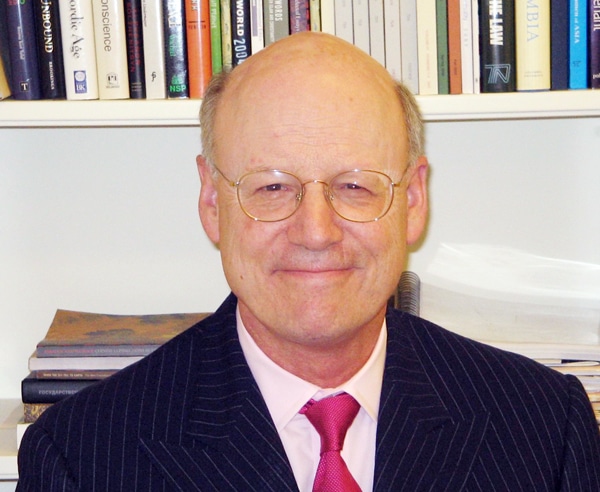
Reflections on Some Earth Charter Principles with Steven Rockefeller
Select Season
Listen to this episode: Duration: 50 min.
Quick Overview
Every word in the Earth Charter has been carefully chosen upon extensive consultation and intensive deliberation. Professor Rockefeller shares a few stories behind some Earth Charter ideas and principles, such as “Earth” rather than “the Earth,” “the earth,” or “Nature,” and “equitable distribution of wealth” rather than “redistribution of wealth,” among others. He also relates the argument among different groups over the word “compassion,” and over the concept of “intrinsic value,” and how they eventually reached a consensus, sometimes just because of a flash of inspiration. Exceptionally, the case of reproductive health just demonstrates that the Earth Charter does not have to take a position on every single matter for a greater consensus to be built. He reflects on the concept of reverence for life, emphasized by Albert Schweitzer, and how it is weaved in the Earth Charter. He reflects on why the concepts of peace and nonviolence were part of the Earth Charter. Professor Rockefeller explains why the Earth Charter is really about the right relationships and how principle 16f summarizes it all.
Questions and Topics Addressed in this Episode
- “Mother Earth’s” language and how the Earth Charter refers to our planet.
- The drafting of the principle on compassion.
- On the “intrinsic value” of all living beings.
- Reverence for the mystery of being.
- Albert Schweitzer and the “Reverence for Life.”
- Reproductive health and the sensitive issues around it…
- The articulation of peace and nonviolence in the Earth Charter..
- “…one Earth community, one common destiny…”
Steven Rockefeller

Reflections on Some Earth Charter Principles
Who is Steven Rockefeller?
Steven Rockefeller is professor emeritus of religion at Middlebury College, where he also served as dean of the College. Steven Rockefeller, a member of the Earth Charter Commission, chaired the Earth Charter Drafting Committee from 1996 to 2000 and was the first Chair of the Earth Charter International Council. He has a Ph.D. in philosophy of religion from Columbia University. Much of his research and writing has focused on global ethics, sustainable development, and the interrelation of democracy, ecology, and spirituality. Professor Rockefeller is the author of John Dewey: Religious Faith and Democratic Humanism (Columbia, 1991) and the co-editor of two books of essays, The Christ and the Bodhisattva (SUNY, 1987) and Spirit and Nature: Why the Environment is a Religious Issue (Beacon, 1992).
This podcast is developed by Earth Charter International as part of our work as UNESCO Chair on Education for Sustainable Development with the Earth Charter.





